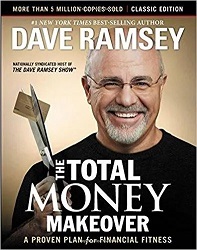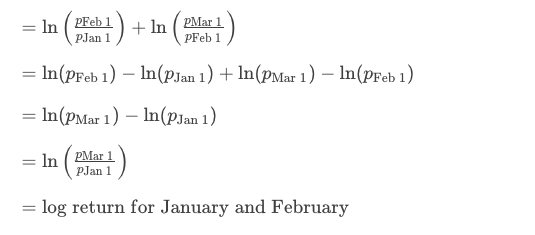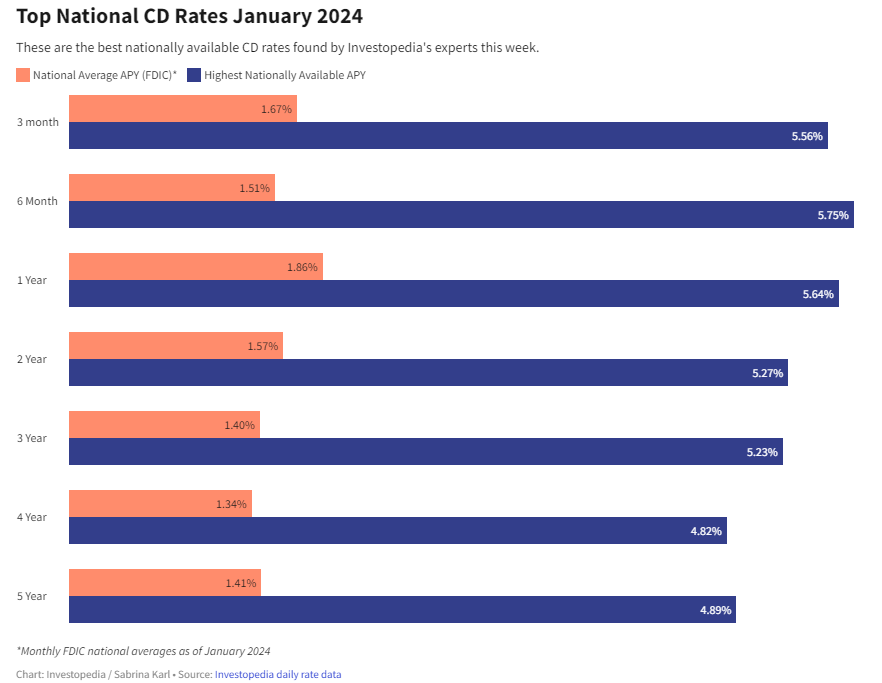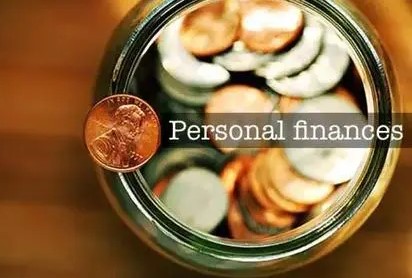Try Dave Ramsey’s 2-Step Rule for Knowing You’re Ready To Buy a House
Do you think you’re ready to buy a house? Personal finance expert Dave Ramsey has a simple home-buying formula that determines if you’re ready to undertake this major purchase. Rachel Cruze, money expert and Ramsey’s daughter, even shared with CNBC Make It that she used this formula before she bought her first home.
Suze Orman: 3 Things You Must Do If You Receive an Inheritance
More: 3 Things You Must Do When Your Savings Reach $50,000
This two-step rule knows if you’re ready to buy a home.
The 2-Step Home-Buying Formula
Before buying a home, you need to follow both steps in this formula.
- Get free of any debt.
- Build up three to six months’ worth of emergency savings.
How can you achieve both of these goals? Let’s dig deeper and find out.
I’m a Financial Advisor: Here Are 6 Things My Clients Don’t Like to Hear — and Why I Tell Them Anyway
Getting Free of Debt
There are several ways you can get out of debt. A blog post on Ramsey Solutions shares 28 approaches to getting started including basic tips like creating a budget and working a side hustle, and how to spend less money and shop smart.
Those who decide they are done with debt and ready to own a home follow Dave Ramsey’s 7 Baby Steps. According to Ramsey Solutions, these steps not only get you out of debt for good but allow you to build wealth and take control of your money. And the first step mentioned in the two-step formula for buying a house is the second in the 7 Baby Steps. Here are the rest of the steps.
- Save $1,000 for your starter emergency fund.
- Pay off all debt (except the house) using the debt snowball.
- Save three to six months of expenses in a fully funded emergency fund.
- Invest 15% of your household income in retirement.
- Save for your children’s college fund.
- Pay off your home early.
- Build wealth and give.
Build Up Three to Six Months’ Worth of Emergency Savings
Step two of the home-buying formula is to build up three to six months’ worth of emergency savings.
Per the 7 Baby Steps, you might already have $1,000 saved in a starter emergency fund. This fund is different from the one that contains three to six months’ worth of expenses. The starter fund, according to Ramsey Solutions, is a temporary buffer for paying off debt. After the debt is gone, you need to build up three to six months’ worth of savings in a fully funded emergency fund.
Both steps in this formula are practical and necessary to undertake before buying a home. Paying off your debt helps decrease your debt-to-income ratio, increases your credit score and ensures you’re less likely to be denied a mortgage. Having a fully funded emergency fund gives you cash reserves that can cover unforeseen expenses and keep you from falling behind on mortgage payments or racking up any debt.
More From GOBankingRates
- Robert Kiyosaki Shares 7 Steps To Reach Your Financial Goals
- Which Bank Gives 6% Interest on Savings Accounts?
- 3 Things You Must Do When Your Savings Reach $50,000
- This Mistake Can Tank Your Credit Score 100 Points Overnight
Personal finance book recommendations
Personal Finance Book RecommendationsAs a professional financial advisor, I am often asked for recommendations on books that can help individuals gain a better understanding of personal finance. It is no secret that managing money effectively is a crucial skill that can greatly impact one'
How is the interest on bank deposits calculated?
Interest is the amount of money that a bank pays you for keeping your money in a deposit account, such as a savings account, a fixed deposit, or a certificate of deposit. Interest is also the amount of money that you pay to a bank for borrowing money from them, such as a loan or a credit card.
How to Double Your Money with the Best CD Rates for January 2024
If you are looking for a safe and reliable way to grow your savings, you might want to consider opening a certificate of deposit (CD) account. A CD is a type of deposit account that offers a fixed interest rate for a specified term, usually ranging from a few months to several years. Unlike a regula
How to buy the right personal financial products
Personal financial products are tools that help you manage your money, save for the future, and achieve your financial goals. They include things like bank accounts, credit cards, loans, insurance, investments, and retirement plans. However, not all personal financial products are create








